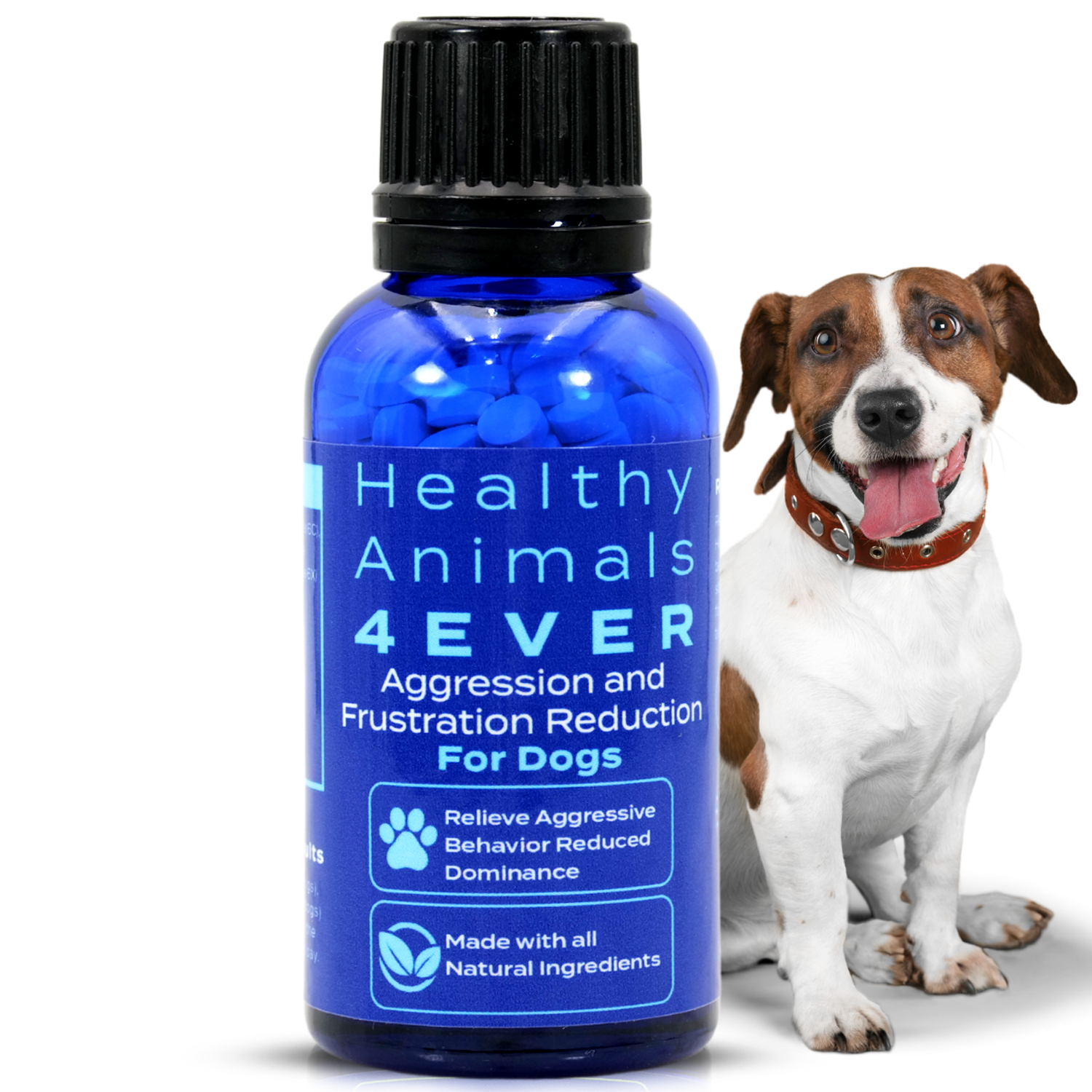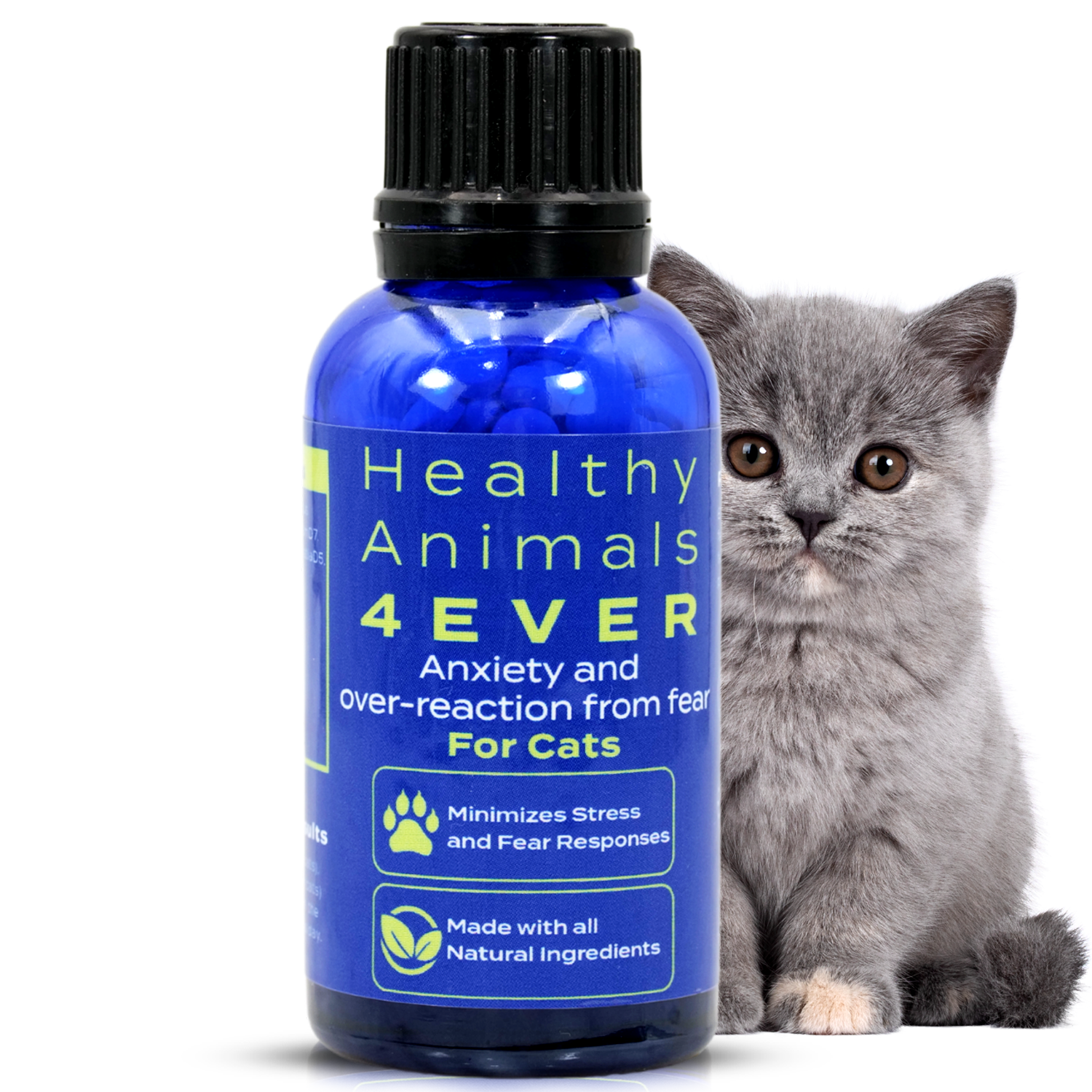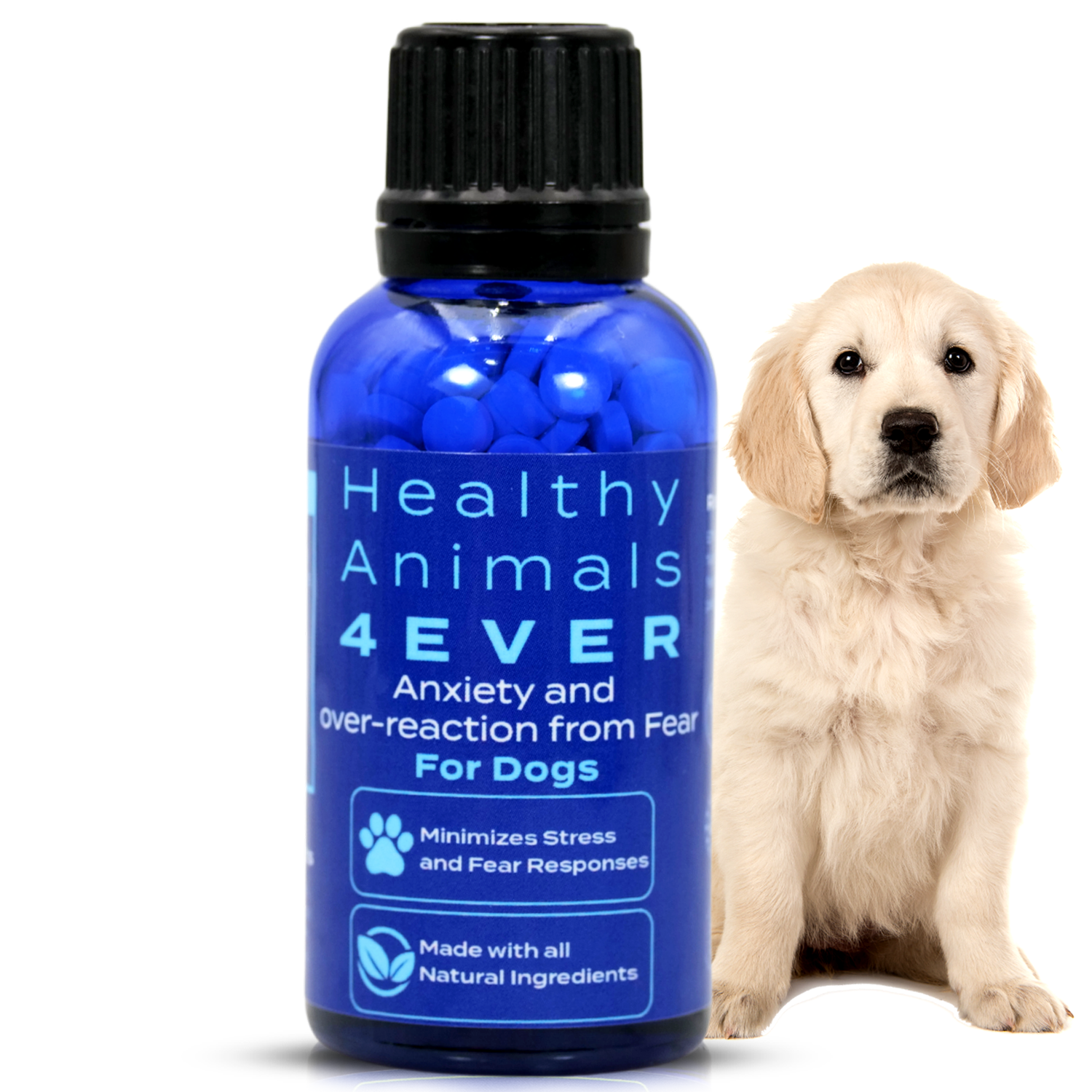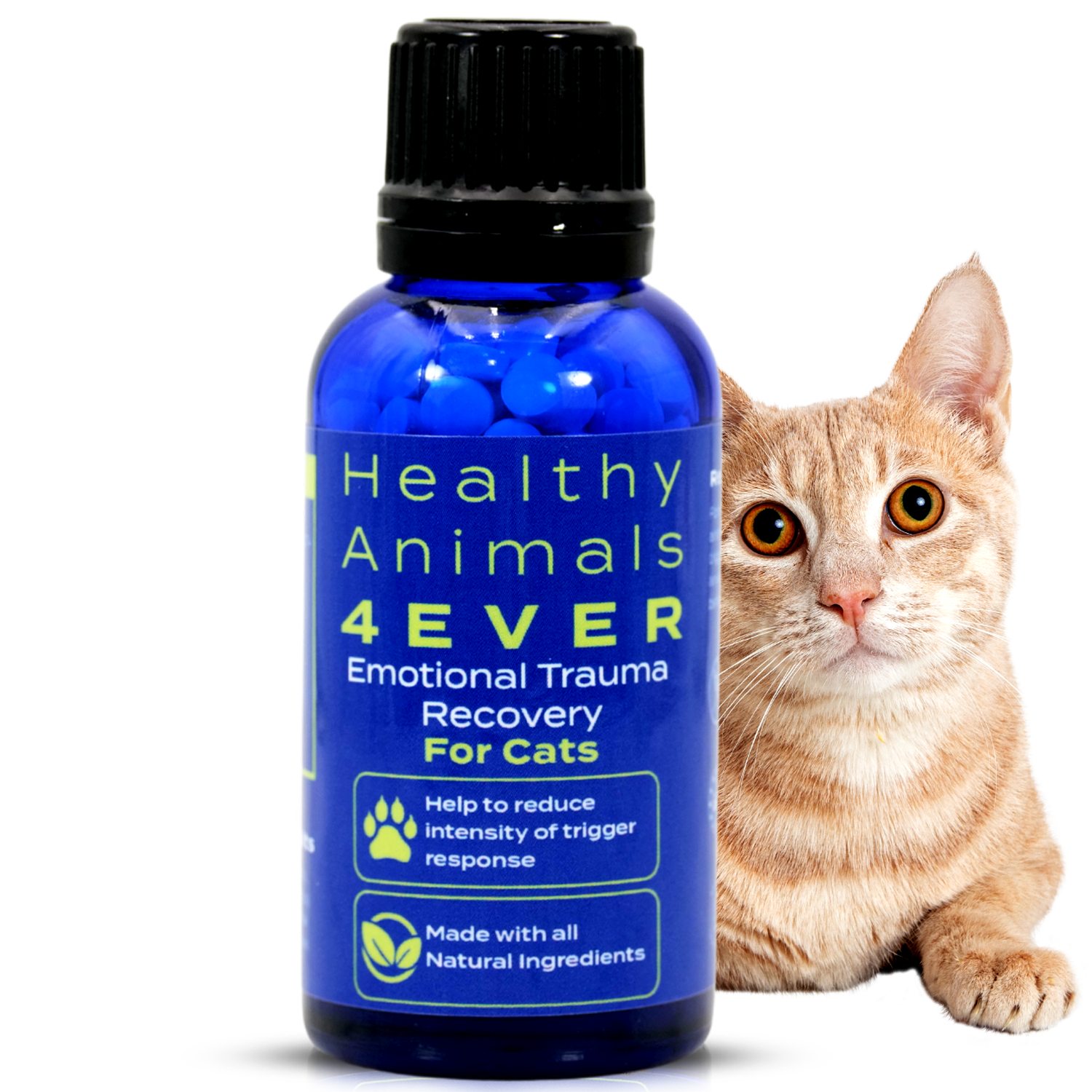Pet Safety Tips for The 4th of July

The 4th of July is one of our favorite national holidays, am I right? We get to be with family and friends and enjoy special celebratory activities such as barbecues, music, and fireworks. What about your pet?
Taking your four-legged friend to the celebration may seem like an excellent idea, but for them, it can be a time of great anxiety and even fear.
Your pet may not feel or see celebrations and festivities the same way as you do, especially if they involve many people and noise.
That’s why we’re giving you some tips on how to make the 4th of July a safe and enjoyable holiday for everyone, including your pet!
- Know your pets and make a plan based on their needs.
There won't be many people who will know your pet as well as you do! So, this weekend you should truly consider their needs. If your pet is anxious, trying prescribed medication or homeopathic remedies might be beneficial to make him feel calmer.
Bear in mind that, on normal days, your pet can be quite calm, but their behavior can change in environments of great confusion and noise, such as barbecues with large crowds or fireworks.
In addition, try to understand their behavior around other people, for example, if they get aggressive, especially when many people get close, as is the case with children.
Plan based on your needs too, trying to make this a fun and safe weekend for everyone! If you have difficulty, the following tips may be useful to you.
Aggression and Frustration Reduction - Dogs reduce the dominance and aggression your pet may feel and may help relieve aggressive pet behavior in new or stressful situations. Keep in mind, that this is not a replacement for effective and consistent training.
- Keep your pet safely away from fireworks.
For us, fireworks and music are part of any big celebration, but they can be upsetting and even painful for animals. Pets are more sensitive to loud noises, flashing lights, and strong smells. Because of that, they can get nervous, anxious, afraid, and sometimes aggressive.
Therefore, on the 4th of July and other occasions with fireworks, the best option is to leave your pet safely indoors, preferably with the radio or TV on to minimize the strident noise.
Before the celebrations and noise, you can also train your pet to be calmer and prepared for these specific holidays. Have them occupy a specific space in the house - this space should be quiet and a place where they feel in control. Do not interfere with them when they’re in this area of the house - instead, train your animal to associate the space with positive experiences and feelings. You can put there their favorite toys, for example.
If you need to go out for a walk, do it before the fireworks start. You could take long walks for your buddy to get tired and sleep/rest better at night.
On the other hand, if the only option is to take your pet with you, always use a collar, and make sure you always keep a close eye on them.
At last, never punish your pet when they're scared, as this will only worsen things in the long run.
Anxiety and Over-Reaction from Fear Formula for Cats will help your cat feel calmer and less fearful with fewer stress and fear responses to other pets or people.
- Be calm, and your pet will be calmer.
While watching the fireworks with your pet, try to hide or control your personal negative reactions.
There’s no doubt that, for humans, it can also be difficult to relax with all the noise from the fireworks and the large crowds of people.
However, it is scientifically proven that our pets feel our emotions and sensations. This means that if you don’t remain calm and relaxed, you’ll make it difficult for your pet to be in a state of calmness too.
When they see their owner calm and relaxed, they easily understand easily that nothing is wrong. So, it starts with you!
- Keep windows and doors closed.
In times of great stress, your pets can take drastic measures to try to escape, such as breaking windows or doors.
Therefore, it’s essential to protect your windows and doors to prevent your animals from escaping if they are frightened by loud noises. Consider using curtains or blinds to reduce the sound and visual stimulation coming from the street.
Anxiety and Over-Reaction from Fear Formula for Dogs will help your dog feel calmer and less fearful with fewer stress and fear responses to other pets or people.
- Make sure your pet can be easily identified.
Did you know the 4th of July is the day more pets go missing in the United States?
When frightened, your pet’s first impulse may be to run!
That’s why we recommend that your pet always wears a collar with an identification tag, even if he spends most of his time indoors.
In addition to the collar, a registered microchip with updated contact information is also helpful.
Immediately contact the local animal control or the nearest shelters in case of escape or disappearance.
If, on the other hand, you find a lost pet, take them to the address indicated on their collar or take them to a local animal shelter so they can help reunite them with their family.

- Be careful with toxins.
If your pet is curious and likes to smell and lick everything that arouses their curiosity, your attention should be redoubled!
A simple lick of products like sunscreen can cause vomiting, diarrhea, and lethargy.
Insecticidal sprays, often used in summer against mosquitoes and bites, can cause irreversible damage to your little friend.
Citronella oil, present in some candles, can severely damage the central nervous system, resulting in a slow heart rate, coma, or in extreme cases, death.
Also, alcoholic beverages pose a significant danger: if ingested, the pet can become intoxicated and weak, severely depressed, or fall into a coma in more serious situations. For this reason, it is extremely important to pay attention to where the glasses and bottles are placed - always keep them out of the reach of your pets!
Finally, fireworks can severely burn an animal and contain toxic ingredients like potassium nitrate, arsenic, and other heavy metals.
Although all this may seem extremely frightening, if you keep your attention on your pet, keeping them always tied up and close to you, you’ll avoid serious problems.

- Protect your pet from heatstroke during summer festivities.
Another reason to keep your pet away from the noisy summer celebrations is the high temperatures. Heat puts your pet at risk of heatstroke, which can quickly become deadly if measures are not taken quickly.
Therefore, never leave your pet closed inside a parked car, even if the temperature seems mild. The temperature outside may be 72 degrees, but inside the closed vehicle, it can reach a fatal 116 degrees in less than an hour.
Also, remember the high summer temperatures that cement or asphalt can reach. They represent a great danger for the unprotected paws of animals.
Provide shade and plenty of fresh water when taking your buddy with you.
In the hottest hours, try to leave your pet at home.
If you notice any signs of heat stroke or an abnormal reaction to heat, contact your veterinarian.
- Don’t fall for puppy dog eyes.
While humans have 6 million scent receptors, animals like dogs can have up to 300 million, meaning the smell of BBQ chicken is even more appetizing to them.
However, foods such as chicken bones, corn cobs, and other leftovers can cause an obstruction in your pet's throat and injure their stomach, often requiring surgery.
In addition, many foods can be highly toxic to pets, such as chocolate or alcoholic beverages.
Avoid feeding your pet with food leftovers or food intended for people, even when you know he really wants to.

- Don't force your pet to wear celebration accessories.
On days of great festivity, such as the 4th of July, the desire to celebrate with flags, plastic ears, clothing, and other accessories alluding to Independence Day is even greater.
However, forcing your pet to wear decorations and accessories can result in the opposite: shiny jewelry like necklaces or plastic ears, for example, contain a luminescent substance that, although not highly toxic, can result in excessive salivation and gastrointestinal irritation.
In addition, when ingesting objects of this kind, a throat or intestine blockage may occur, requiring surgery to solve it.
So, keep these accessories away from your pets and celebrate in other ways!
- Encourage more pet-friendly celebrations.
In many US cities, silent fireworks are already being used precisely to be more pet friendly. Get in touch with the authorities of your city, presenting them with the proposal. You will certainly be doing many pet owners a favor!
Other ideas could be laser shows, which are less harmful to animals and pollute a lot less. Drone displays are also a great idea.
- What about after the 4th of July?
Before releasing your animals into the yard, check your yard or garden for debris from fireworks. Even if you didn't set off the fireworks, the debris could have landed in your backyard, and curious animals could pick it up to play with or eat. Also, check the fields around your house, especially if you have horses and cattle.
If the party and celebration were at your house, take extra care: try to clean up all the leftover food and drinks before your pet falls into the temptation of tasting something unsuitable for them!
Pay attention to your pet's behavior in the days after the festivities. If you notice a significant and persistent change in behavior, seek specialized assistance from a veterinarian, as they may have trauma symptoms.
Emotional Trauma Recovery - Cats It reduces the intensity of the trigger response. It helps minimize anxiety and promotes calm behavior.
The Bottom Line
As mentioned before, keeping your pet close to you is the best way to keep them happy and relaxed.
Remember, every pet is unique, so observing their behavior and adjusting your approach is important.
Taking proactive steps to ensure their safety and well-being can help your pets have a more comfortable, relaxed, and fun 4th of July.












